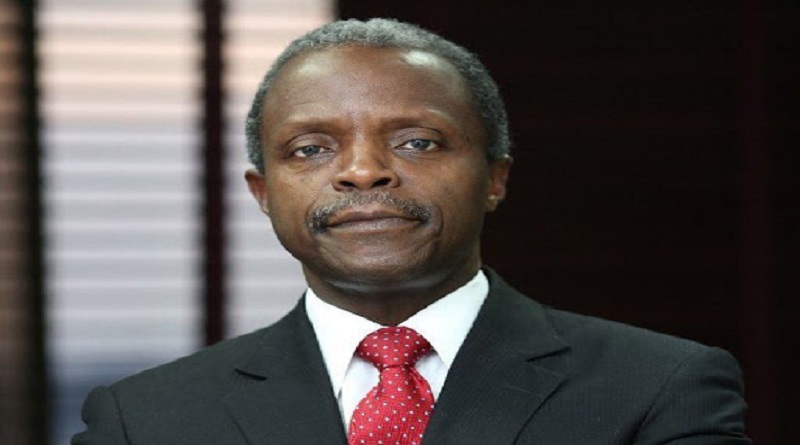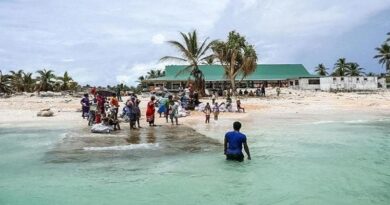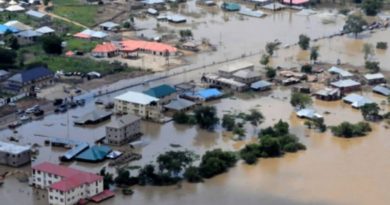Osinbajo urges developing nations to chart development pathways
Vice President Yemi Osinbajo has urged developing countries to chart their paths by embracing a just transition, climate action and future prosperity to power development pathways.
In a statement issued by the Communications Sector of the Economic Commission for Africa (ECA) on Wednesday, Osinbajo said this was in a bid to achieve net-zero emissions by 2050.
Osinbajo said this in his keynote address at the Columbia University’s Global Energy Forum held in May, virtually.
According to the myclimate website, net-zero emission means that all man-made greenhouse gas emissions must be removed from the atmosphere through reduction measures, thus reducing the earth’s net climate balance to zero.
This way, humankind would be carbon neutral and global temperature would stabilise.
The vice president said the global energy transition “must be inclusive, equitable and just, taking into account the different realities of various economies and accommodating various pathways to net-zero by 2050.
“So, what is the case for justice, social justice, fairness?
“What is often not sufficiently considered in thinking through the transition to net zero emissions is the critical role that energy, in our case gas, plays in catalysing economic development and supporting people’s health and livelihoods especially in poorer countries.”
He stressed Nigeria and other African countries’ commitment to a net-zero future and national contributions under the Paris Agreement, especially given their vulnerability to the adverse effects of climate change.
He also noted that greater support in developing and implementing robust energy transition plans, however, was needed.
“Clearly the continent will require an unprecedented scale of investment. “An energy mix compatible with a 1.5 degrees Celsius pathway would require 40 billion dollars to flow to Sub-Saharan Africa annually; a fourfold increase compared to the 10 billion dollars invested in 2018.
“Countries including the US, China, Japan, and large parts of Asia and the EU include gas as a major pillar of their multi-decade decarbonisation strategies.
“Including actively developing African gas in countries like Mozambique, Ghana, Senegal and Nigeria for export to Asia and Europe, while limiting financing to gas projects for domestic use in those countries,” said Osinbajo.
He noted the challenge of developed nations to incorporate fair and just measures as they adopted climate action.
According to Todd Moss of the energy think-tank, Energy for Growth Hub, Osinbajo’s remarks are a major breakthrough in the global conversation about what climate justice and climate action mean for low emitting, energy poor countries.
Also, according to Jean-Paul Adam, Director, Technology, Climate Change and Natural Resources Division (TCND) ECA “Just Transition” is an emerging vogue in the rapidly evolving climate discourse, which refers to deliberate shifts of investments to environmentally and socially sustainable economies.
The ECA’s recently released Building forward for African Green Recovery Report candidly states “it is important to consider that a transition to a low carbon economy will impact on existing sectors, and communities.
“A just transition needs to consider the potential effects stemming from both climate action, and climate inaction, on vulnerable communities.”
By Temitope Ponle




